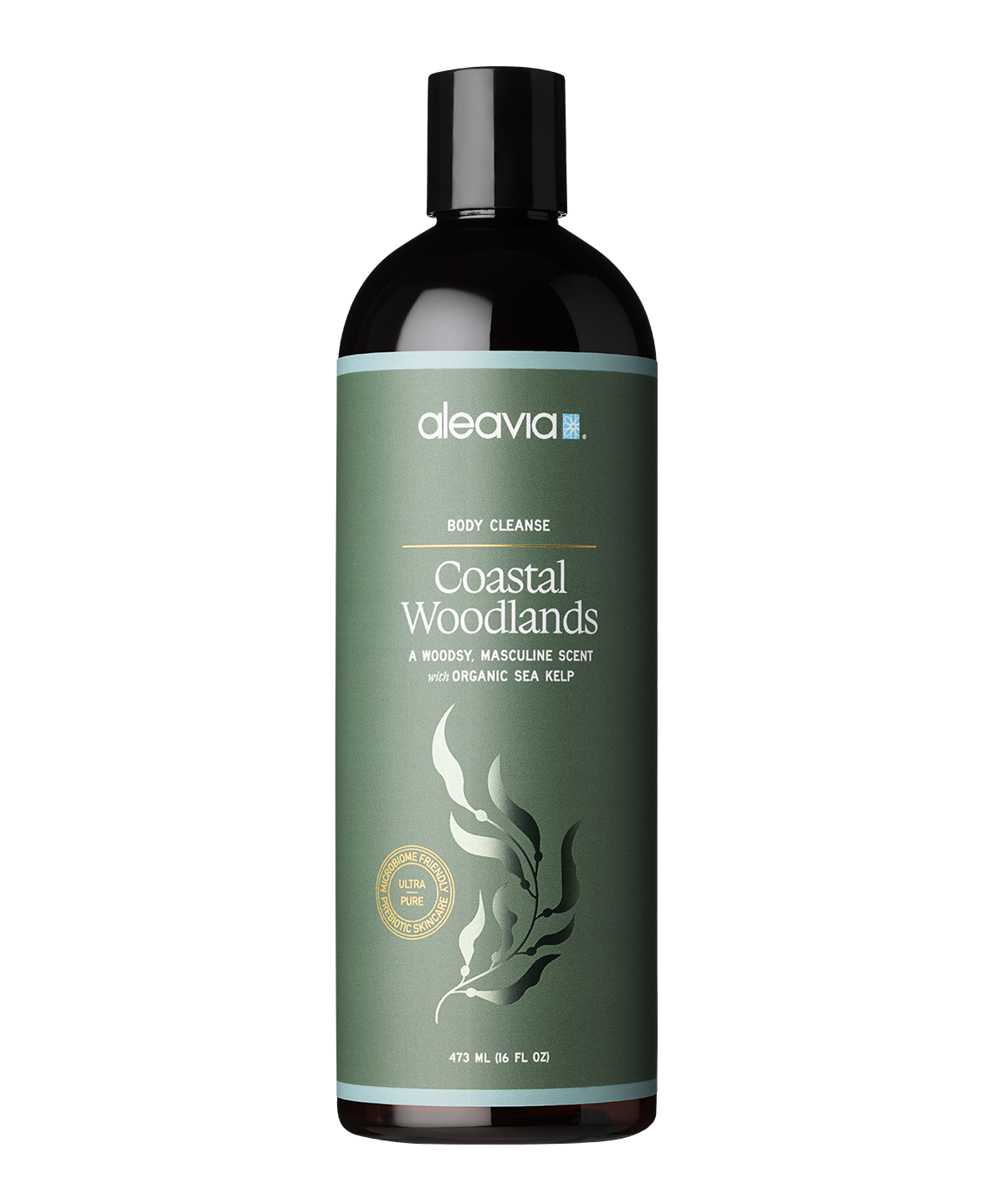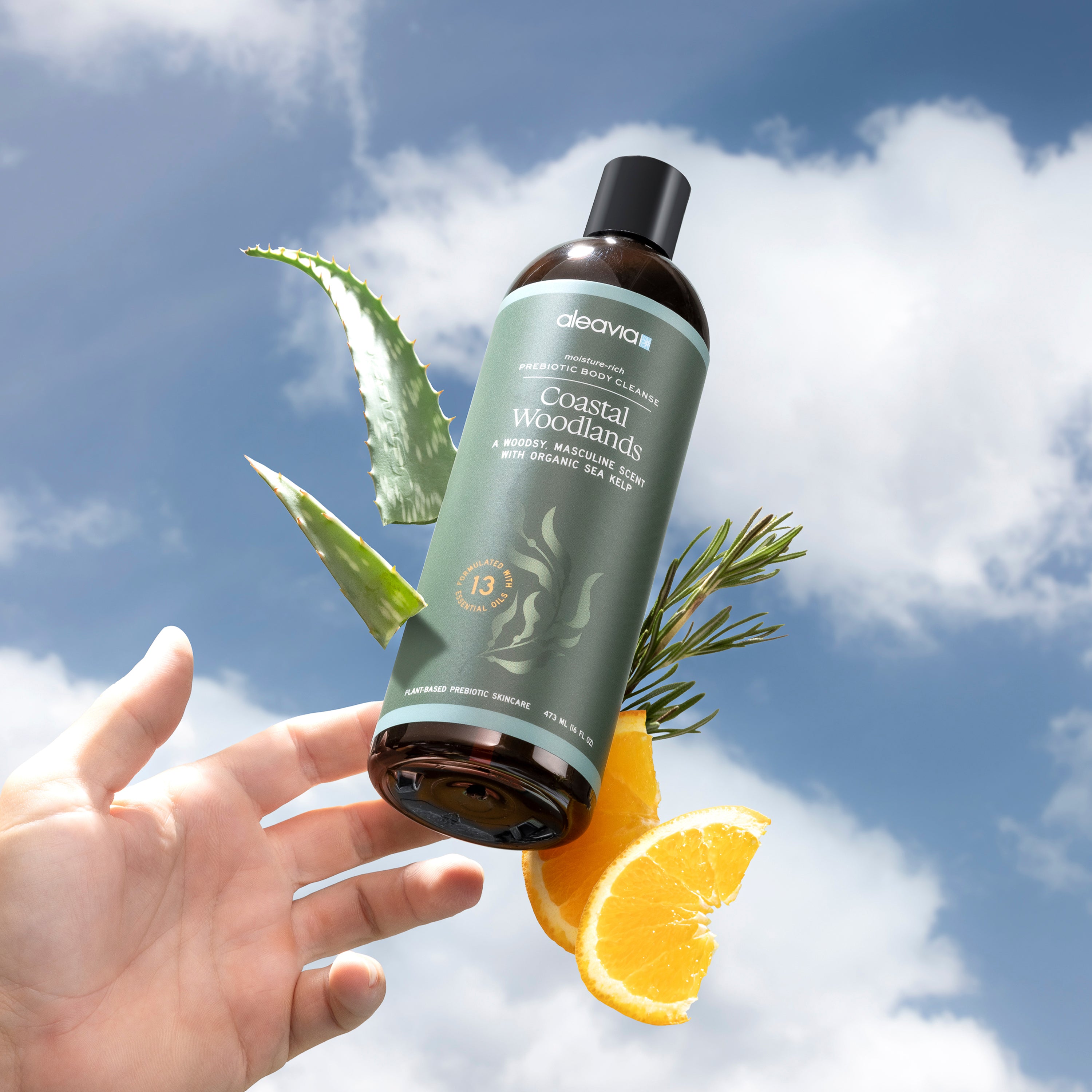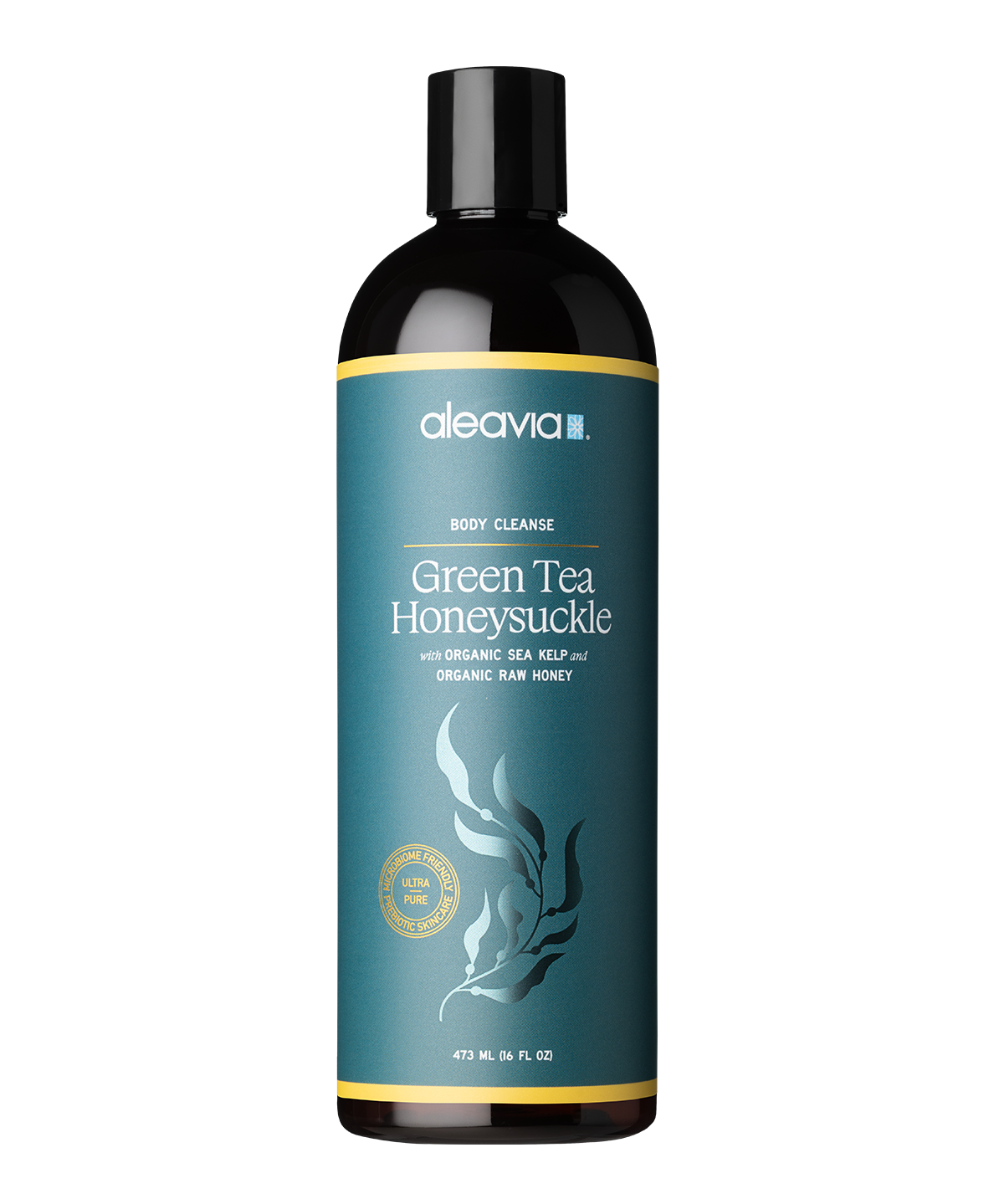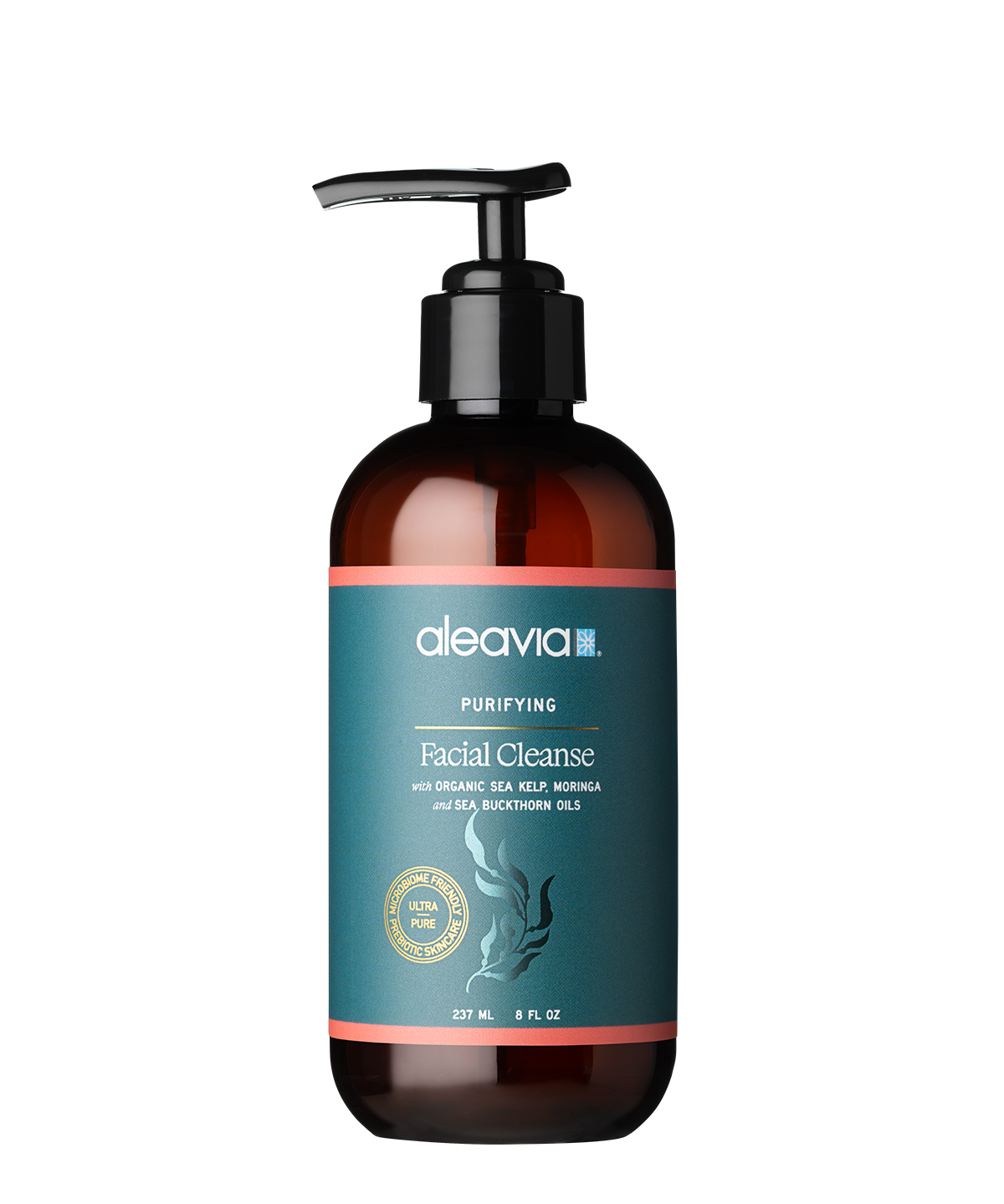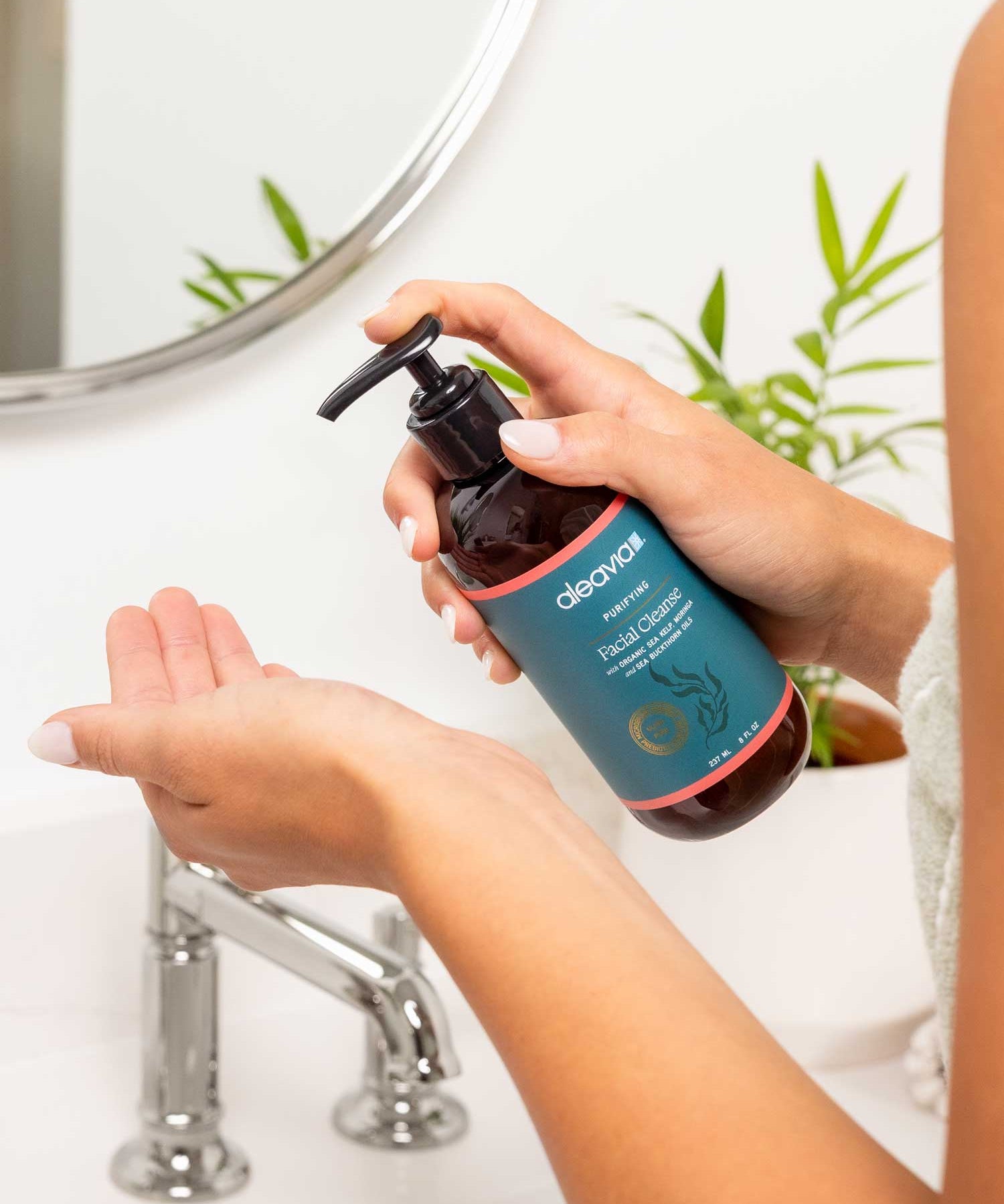Coconut Oil
Coconut Oil (Cocos Nucifera) is a staple in natural skincare—and for good reason, too. It’s rich, nourishing, moisturizing and versatile. Here’s a breakdown of how it’s used and what it can do for your complexion:
What is Coconut Oil?
Coconut oil is extracted from the meat of mature coconuts. It's composed primarily of saturated fats, especially medium-chain fatty acids like lauric acid, capric acid, and caprylic acid, which have natural antimicrobial and anti-inflammatory properties.
How is Coconut Oil used in skincare?
- Moisturizer: Coconut oil is an effective emollient, meaning it helps trap moisture in the skin. It also creates a protective barrier, which is especially helpful for dry or flaky skin. That’s why you’ll often find it in body scrubs, body butters, and massage oils.
- Makeup remover: Its oil-soluble properties allow it to dissolve makeup—even stubborn waterproof mascara—while being gentle on the skin.
- Cleanser (oil cleansing): Used in double-cleansing routines, it helps break down dirt and excess sebum without stripping the skin’s natural microbiome.
- Lip Balm and cuticle cream: Its rich texture and healing properties make it a go-to for small, dry areas like your lips and cuticles.
What are the benefits of Coconut Oil for your complexion and skin microbiome?
Your skin microbiome is the diverse ecosystem of bacteria, fungi, and other microorganisms that live on your skin and help protect it from pathogens, regulate inflammation, and maintain barrier function. Coconut oil supports this balance in a few ways:
- Hydration & Softness: Coconut oil is great for softening and soothing your skin, especially if it's rough or dry. It specifically helps seal in moisture, reduce transepidermal water loss, and protect against environmental stressors that could otherwise throw off your skin’s microbial balance.
- Antibacterial & Antifungal: Lauric acid (a saturated fat found in coconut oil) helps fight acne-causing bacteria like P. acnes and can aid in keeping breakouts at bay. It’s also been shown to inhibit harmful bacteria like Staphylococcus aureus (which can cause infections and worsen eczema) while being relatively gentle on beneficial bacteria.
- Anti-inflammatory: It helps calm redness, irritation, and inflammation, making it useful for skin conditions like eczema or psoriasis. Since chronic inflammation can disrupt microbial diversity, coconut oil helps preserve a balanced, healthy skin barrier.
- Rich in Antioxidants: Coconut oil contains vitamin E and polyphenols that protect the skin from free radical damage.
- Fungal Balancing: It may help curb the overgrowth of Malassezia (a yeast linked to dandruff and some types of fungal acne), especially on the body.
Common Pairings with Coconut Oil (Cocos Nucifera):
- Shea butter for ultra-moisturizing body butters
- Essential oils for fragrance and added skin benefits
- Sugar or salt in exfoliating scrubs



